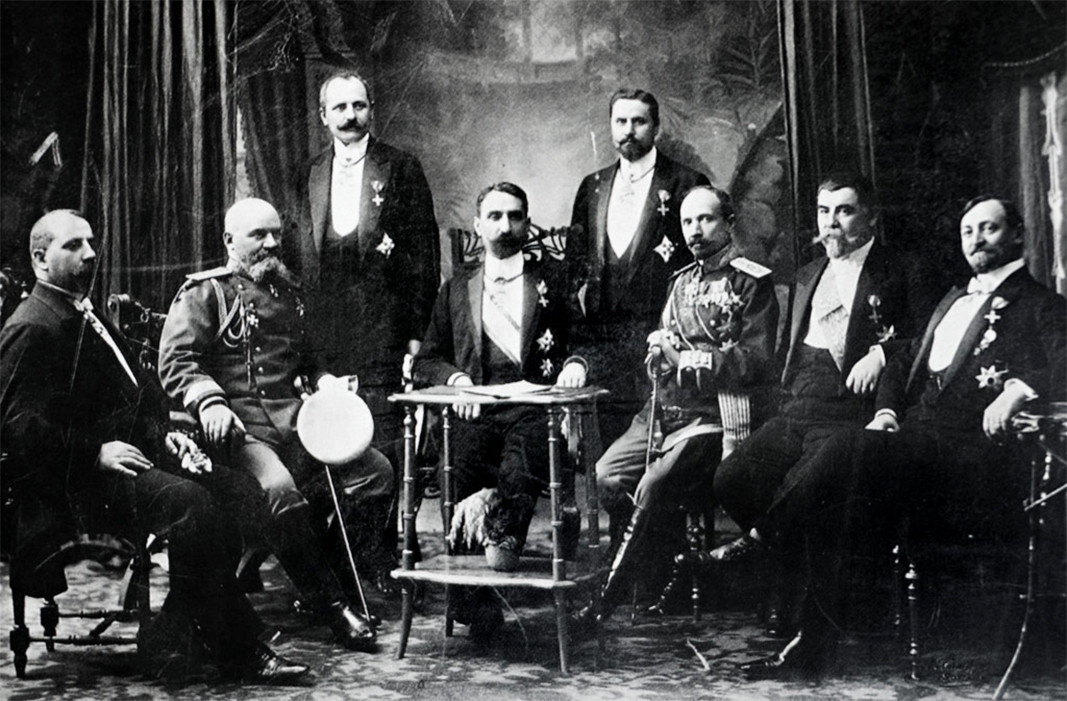
And so Independence Day dawned, with Prince Ferdinand and his Prime Minister at the centre of events. Equally important was the steadfast support of the Bulgarian people, who followed every action of their prince with keen interest and genuine enthusiasm.
Nearly thirty years had passed since the Liberation, yet Bulgaria’s fate still rested, in part, in the hands of the Ottoman Empire. For this reason, the day was awaited with great anticipation, especially by the citizens of the old capital.
“By declaring its Independence, Bulgaria became a state legally equal to all others and gained full sovereignty. Although, in part, this sovereignty had already been exercised informally before then,” said Dr Ivan Tsurov, Doctor of Historical Sciences at the Historical Museum in Veliko Tarnovo.
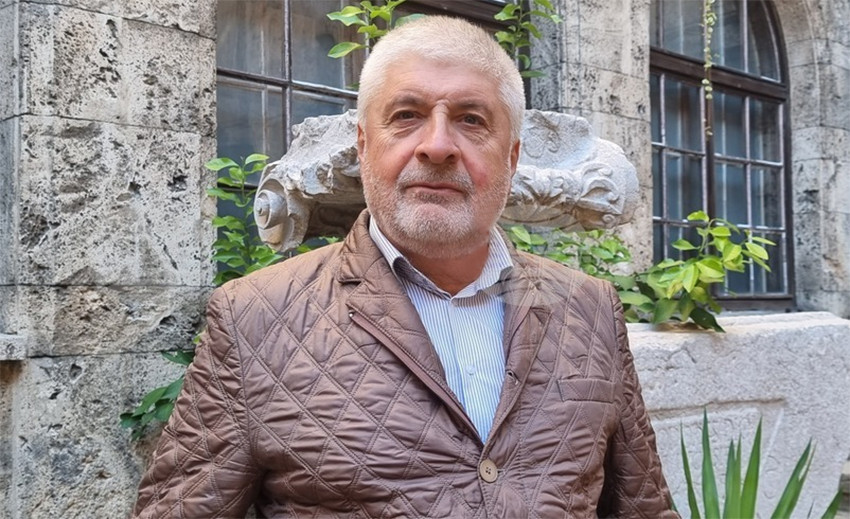
“Independence means that our country can have diplomatic missions around the world, mint its own coins, and conduct an independent foreign policy. Until now, it had always been formal, coming only after events had been approved by the Sultan, which was somewhat humiliating for the ruler. Prince Ferdinand, though not yet fully decisive, was influenced by his close advisors and decided to declare Independence. According to the Treaty of Berlin, up to that point Bulgaria was an independent vassal principality of the Sultan, and the ruler’s title was not Tsar (equivalent to Emperor), but knyaz (which corresponds to prince, heir to the throne). That was the legal side of things.
From an economic perspective, however, this was not an advantageous move because Bulgaria lost access to the Ottoman Empire’s markets, which at the time extended into the Middle East and North Africa. In other words, these markets were largely inaccessible or, if accessible, subject to significant customs duties. But in terms of national pride, of the self-respect of the people, the monarch, and the politicians, it was a very important act,” said Ivan Tsurov.
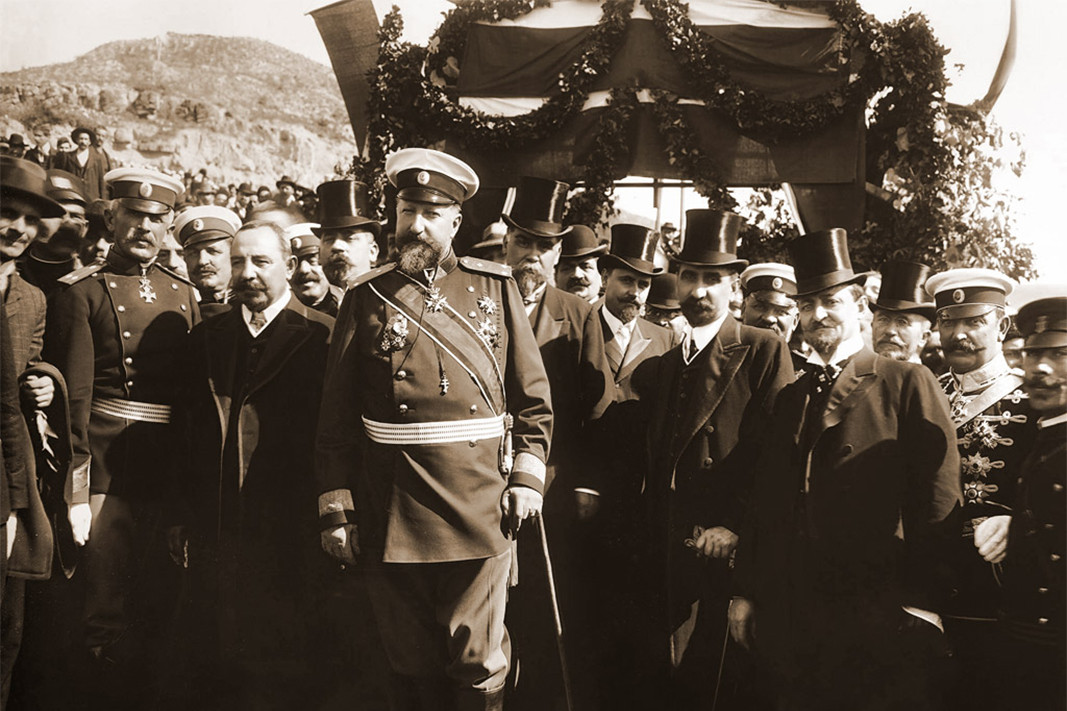
What were the sentiments in Bulgaria’s old capital, Veliko Tarnovo, at the time of the Independence declaration? Dr Ivan Tsurov’s account is eloquent. Euphoria and joy turned the day into a celebration for the people of Tarnovo, as contemporary accounts attest. Drawing on the testimony of a witness, Dr Tsurov describes the events of 22 September, 117 years ago:
“At that time, Prince Ferdinand was in Vienna. He travelled from there on the princely frigate to the port of Ruse, and then caught the train to Tarnovo. By the time he set out, it was late in the evening and almost dark; for security reasons, he was escorted through one of the tunnels along the route. The citizens already knew what was about to happen because a town herald had made the announcement the previous day.
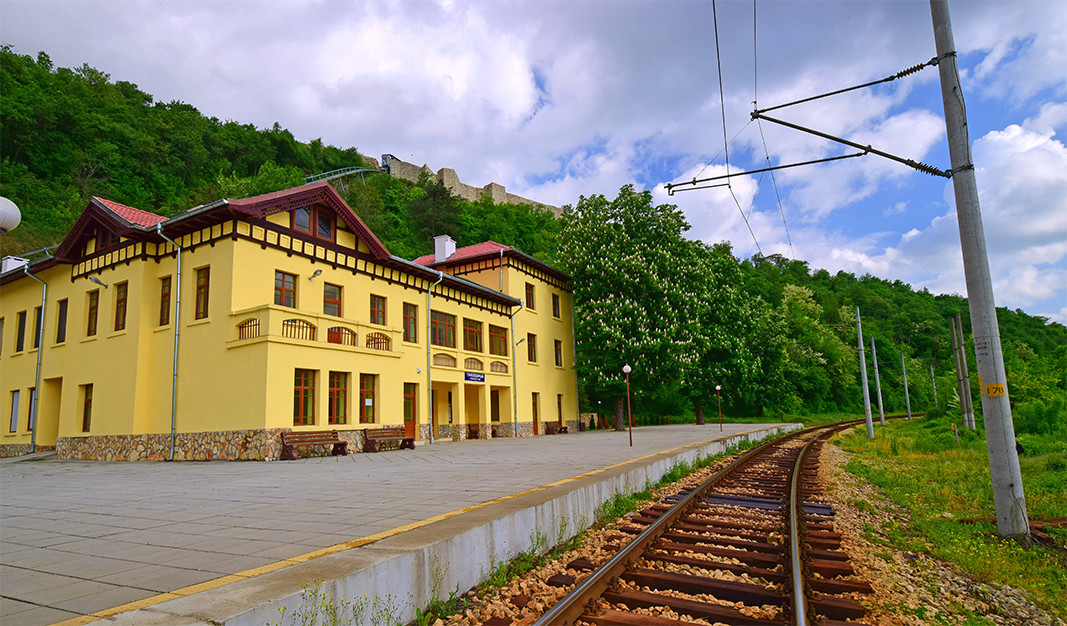
For reasons that remain unclear, however, the train reversed course and stopped at Trapezitsa station. The prince disembarked and made his way to the Church of St Dimitar, accompanied by his small entourage. At the time, the church was in ruins. He paused there for fifteen to twenty minutes, perhaps mentally reviewing all the potential consequences of such an act in that final moment.
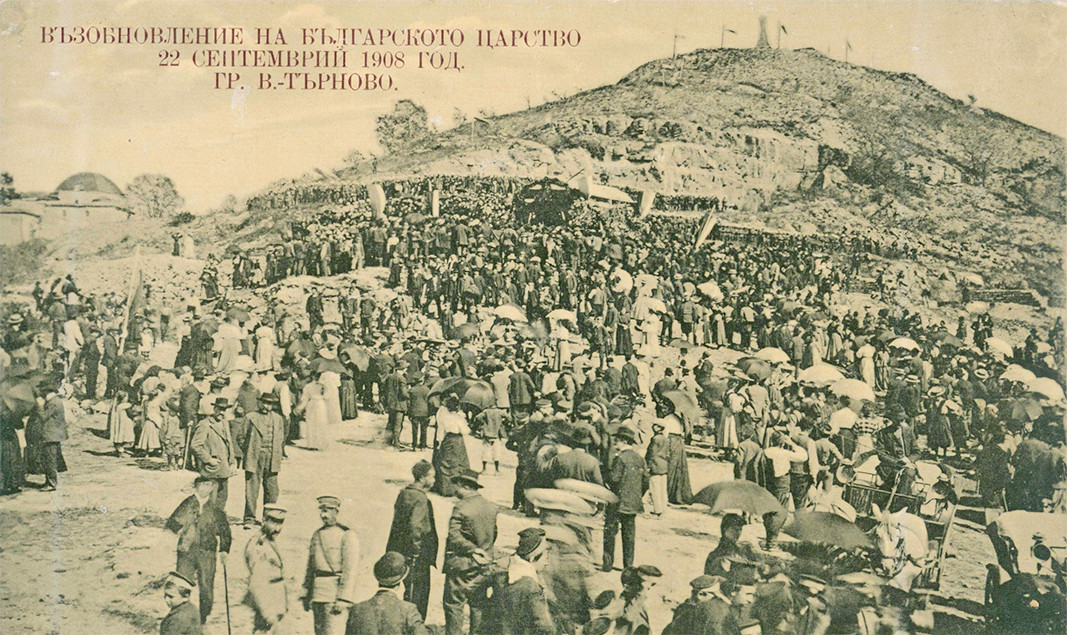
He then continued on to Hisar Hill (today known as Tsarevets), where it had been announced that the Manifesto would be read. Although the organisation of the event was rather chaotic, one important detail should not be overlooked: when the prince arrived at Trapezitsa station, even before stepping off the train, he was met by the mayor of Tarnovo holding a typewriter from the town hall. This suggests that the train's reversal was not accidental. Prime Minister Alexandar Malinov immediately handed the manifesto to the prince through the window, and Mayor Ivan Vitelov typed four copies. One of these copies eventually reached the Tarnovo museum and is one of the four in which the manifesto declaring independence was recorded.”
The newest exhibition at the National Museum of Military History in Sofia, 'War and the Creatives: A Journey Through Darkness' opens today, offering free entry as a gesture to those who were unable to visit during the recent renovations. Rather than..
A 5,000-year-long history lies hidden in the ruins of the medieval fortress “Ryahovets” near the town of Gorna Oryahovitsa where active excavations began ten years ago. On this occasion, on November 17, the Historical Museum in Gorna Oryahovitsa..
Just days ago, archaeologists uncovered part of the complex underground infrastructure that once served the Roman baths of Ratiaria - one of the most important ancient cities in Bulgaria’s northwest. Founded in the 1st century in the area of..

+359 2 9336 661
